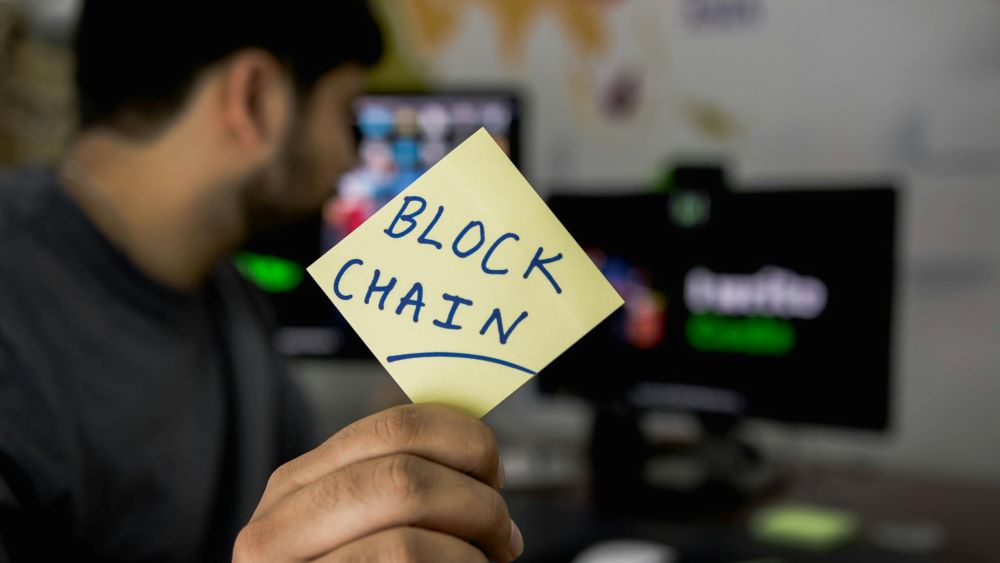Table of Contents
ToggleThe pace of technological advancements in recent years has been nothing short of revolutionary. From artificial intelligence (AI) to blockchain and the Internet of Things (IoT), these innovative technologies are reshaping industries and altering the fabric of our daily lives. As we look to the next decade, it’s clear that technology will continue to evolve at an unprecedented rate, bringing with it both opportunities and challenges.
The Evolution of AI and Machine Learning
Artificial Intelligence (AI) and Machine Learning (ML) have come a long way from their nascent stages. Today, they are omnipresent, influencing various facets of business and life.
Transforming Businesses and Daily Life
AI and ML are no longer confined to research labs; they have permeated everyday applications. Businesses leverage these technologies to automate processes, enhance customer experience, and drive decision-making. For instance, AI-powered chatbots are now commonplace in customer service, offering instant support and freeing human agents to handle more complex issues. In healthcare, ML algorithms assist in diagnosing diseases by analysing medical images with remarkable accuracy.
Innovative Applications
- Natural Language Processing (NLP): NLP technologies, like OpenAI’s GPT-3, are revolutionising how machines understand and generate human language. These advancements have led to more intuitive virtual assistants and improved translation services.
- Autonomous Vehicles: Companies like Tesla and Waymo are pioneering self-driving technology, promising more efficient transportation.
- Predictive Analytics: Industries such as finance and retail use ML models to predict market trends, optimise stock levels, and personalise customer experiences.
Future Impact
The potential future impact of AI and ML is staggering. Imagine personalised education systems that adapt to each student’s learning style or predictive healthcare that can foresee and mitigate health issues before they become critical. As these technologies evolve, they will continue to unlock new possibilities and efficiencies across various sectors.

The Rise of Blockchain Technology
Blockchain technology, initially synonymous with cryptocurrencies like Bitcoin, has evolved into a formidable tool for enhancing security and transparency.
Decentralised Systems
At its core, blockchain is a decentralised ledger that records transactions across many computers so that the record cannot be altered retroactively. This decentralisation offers unparalleled security, making blockchain an attractive option for industries requiring robust data integrity.
Case Studies
- Finance: Beyond cryptocurrencies, blockchain is revolutionising financial services through decentralised finance (DeFi). Platforms like Ethereum enable the creation of smart contracts, which automatically execute transactions when predefined conditions are met, reducing the need for intermediaries.
- Supply Chain Management: Companies like IBM and Walmart are incorporating blockchain to track product origins and ensure supply chain transparency. This not only enhances security but also builds consumer trust.
- Healthcare: Blockchain’s ability to secure patient data and streamline information sharing among healthcare providers is transforming how medical records are managed.
Enhanced Security and Transparency
Blockchain’s immutable nature ensures that once a transaction is recorded, it cannot be altered. This provides a high level of security against fraud and cyberattacks. Additionally, the transparency of blockchain allows all participants in a network to view transactions, fostering trust and accountability.
Read more: Risk Mitigation Strategies for Small Businesses: A Tactical Blueprint
The Internet of Things (IoT) in Action
The Internet of Things (IoT) refers to the interconnectedness of everyday devices, enabling them to send and receive data. This network of “smart” devices is rapidly expanding, influencing various aspects of life and business.
Smart Homes and Cities
IoT technology is transforming homes and cities into smarter, more efficient spaces. Smart thermostats, security systems, and appliances communicate with each other to create a seamless living experience. In urban areas, IoT solutions manage traffic flow, monitor air quality, and optimise energy use, leading to more sustainable cities.
Industrial IoT (IIoT)
In the industrial sector, IoT is driving the fourth industrial revolution, or Industry 4.0. IIoT applications include predictive maintenance of machinery, real-time monitoring of production lines, and intelligent logistics management. For example, sensors on manufacturing equipment can detect anomalies and predict failures before they occur, reducing downtime and maintenance costs.
Read more: Manufacturing in Vietnam: An Unexplored Goldmine for Global Investors
Healthcare and Wearables
IoT is also making significant strides in healthcare through wearable devices that monitor vital signs and send data to healthcare providers in real-time. Devices like smartwatches and fitness trackers help individuals manage their health proactively, while remote monitoring systems enable doctors to keep a close eye on patients without the need for frequent hospital visits.
Future Applications
The future of IoT holds immense promise. As 5G networks roll out globally, the increased bandwidth and lower latency will facilitate even more advanced IoT applications. Imagine autonomous drones delivering packages, or smart agriculture systems that optimise crop yields by analysing soil conditions and weather patterns.
Read more: Japan’s Agriculture: A Sustainable Approach
Conclusion
As we navigate the next decade, the transformative power of AI, blockchain, and IoT will continue to shape the landscape of technology and business. These innovations offer exciting opportunities for tech enthusiasts, entrepreneurs, and innovators to drive progress and create value. By staying informed and adaptable, we can harness these technologies to build a more efficient, secure, and interconnected world.
If you are interested in these innovative technologies and seeking to expand overseas, connect with Eos for more information.







